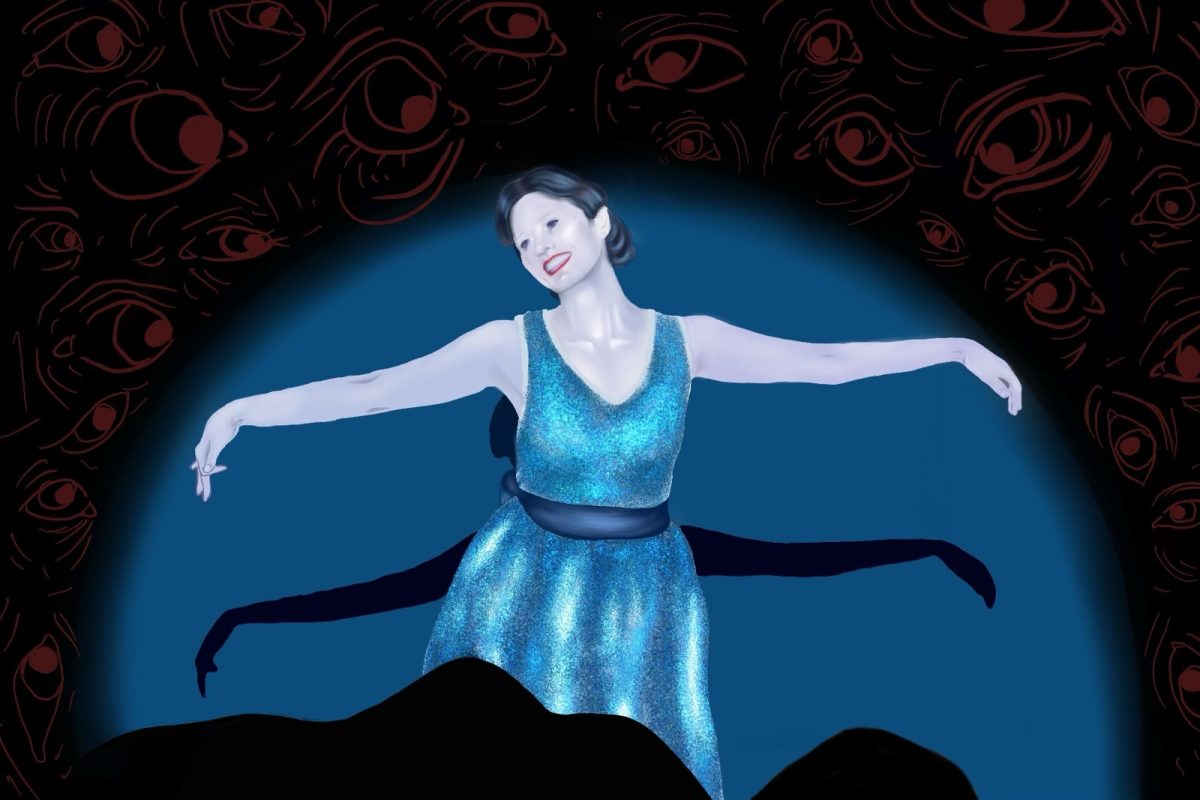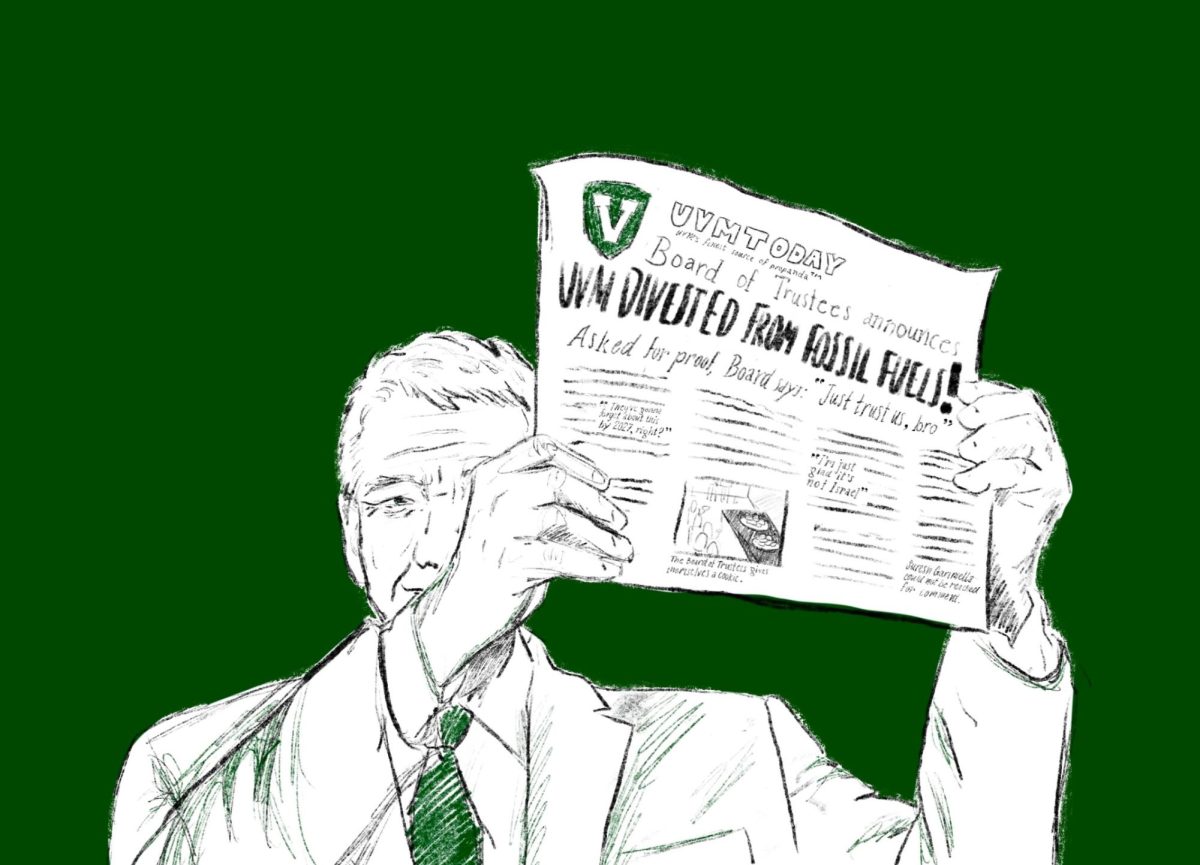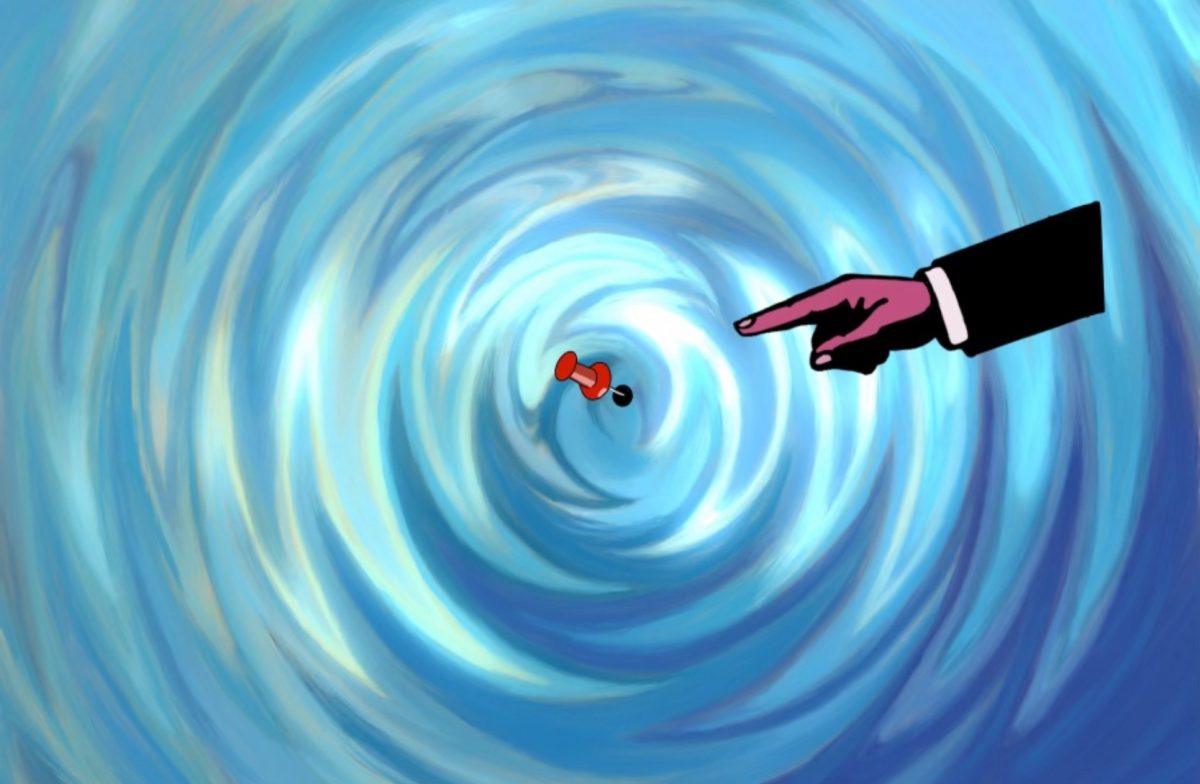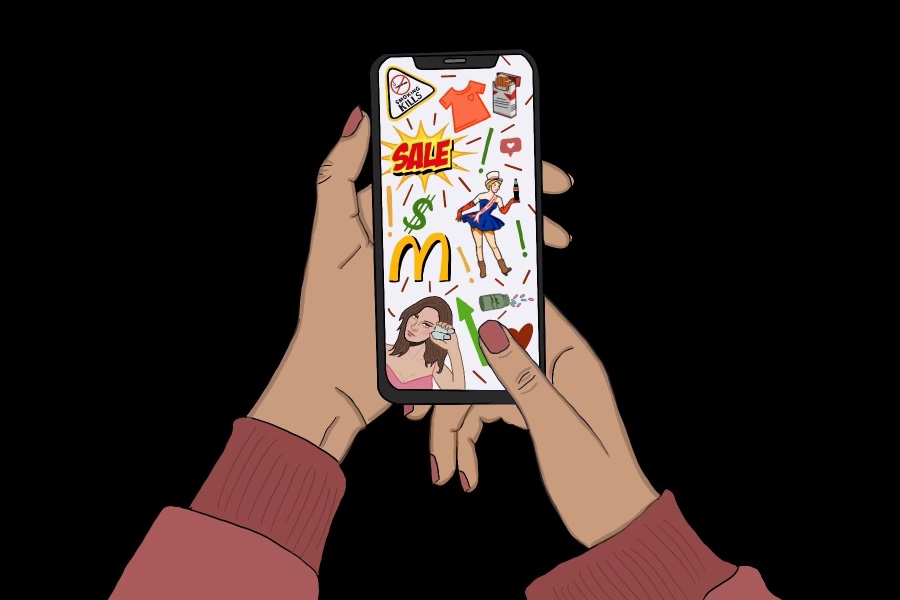?
Invisible Children, a San Diego-based nonprofit organization dedicated to arresting warlord Joseph Kony and liberating child soldiers, made headlines last week after releasing a video that made its way across the Internet.
It is difficult to view the Invisible Children campaign without cynicism among the recent revelation that humanitarian Greg Mortensen fabricated parts of his bestselling book, Three Cups of Tea.
The campaign is succeeding in directing America’s attention to an obscure conflict half a world away. I, like millions of others, had never heard of Joseph Kony before viewing the film.
However, some of the claims in the film have been criticized for being misleading, and Invisible Children’s expenditures have also been called into question.
According to their financial records, which are public record, Invisible Children spent $8.9 million, but just $2.8 million went to direct services in Africa.
The facts are beginning to surface, casting doubt on some of the statements the film makes. The New York Times noted the Lord’s Resistance Army, the militia group headed by Kony, has not operated in Uganda for several years. Now, LRA is based out of the Central African Republic, South Sudan and the Democratic Republic of the Congo.
The conflict the film portrays is black and white – a neat dichotomy between good and bad, innocence and brutality. The media has grown to be weary of this altruistic humanitarianism.
Critics have chastised the film for its simplicity – it casts the LRA as the bad guys and the Ugandan security forces as the good. It ignores, detractors say, the rape and looting committed by Uganda’s own soldiers.
The film depicts meetings with several members of the United States Congress, features only two Ugandan officials and doesn’t even mention the name of the nation’s president, Yoweri Museveni.
But does all of it matter? If the end result is global awareness of a conflict that has devastated an entire region and generation, who cares if the film is misleading at times, or even self-serving to its creators?
The film takes a great deal of liberty with some facts and wholly omits others. But make no mistake – Russell is not a journalist or an academic. He is a filmmaker, and he made a great film.
And who is protagonist of the film? It’s not Jacob, a Ugandan boy profiled in the film who lost his brother in the conflict. It’s not the Ugandan soldiers or politicians either.
It’s you and me. It’s our government leaders, our soldiers in Uganda, and the founders of Invisible Children. It’s Gavin Russell, the son of the filmmaker.
The New York Times also noted that few people in Uganda can actually view the film; just 10 percent have internet access. But the video is not aimed at Ugandans; it’s instead aimed towards young Americans and it’s spot-on.
“No one wants a boring documentary on Africa,” Jason Russell, filmaker of the video, told the New York Times. “We have to make it pop and we have to make it cool.”
By “no one,” Russell is refering to “American twenty-somethings.” His assessment of our appetite for conflicts in sub-Sarahan Africa is accurate. If the film was a one-hour slideshow narrated by Roger Mudd, it would have flopped. If it only featured Africans, it wouldn’t have raced across Facebook.
Russell, criticize him as you may for sensationalizing the film’s content, made a film that resonated with young people. It’s short, with a very high production value – crane shots, great composition, CGI. It incorporates popular music – from Mumford & Sons to Dubstep. It’s one Walt Whitman poem short of being a Levi’s commercial.
It’s message is simple – young people can do anything; they alone can facilitate global change. It’s hip. It’s easily digestible. It’s inspiring. And it works.
We should praise any good that comes from Invisible Children’s efforts. Does it oversimplify a multifaceted issue? Yes. Are some of the claims in the film dubious? Yes. But the organization, created in 2004, has already done some good.
Invisible Children should be praised for their mission to promote awareness of Joseph Kony and the LRA. They have already been massively successful to that end – the video, as of Sunday, had 71 million views.
Celebrities like Ryan Gosling and Oprah Winfrey have expressed support, and White House Press Secretary Jay Carney commended the film for raising awareness of Kony and the LRA.
I think Don Cheadle said it best – tweeting that he thought the energy behind the movement was “great.” But he also offered a caveat, adding “as long as it is tempered with awareness, sensitivity, research and a healthy dose of skepticism.”








![Can’t buy me [self] love](https://vtcynic.com/wp-content/uploads/2024/04/self-care-FINAL-1200x796.jpg)



